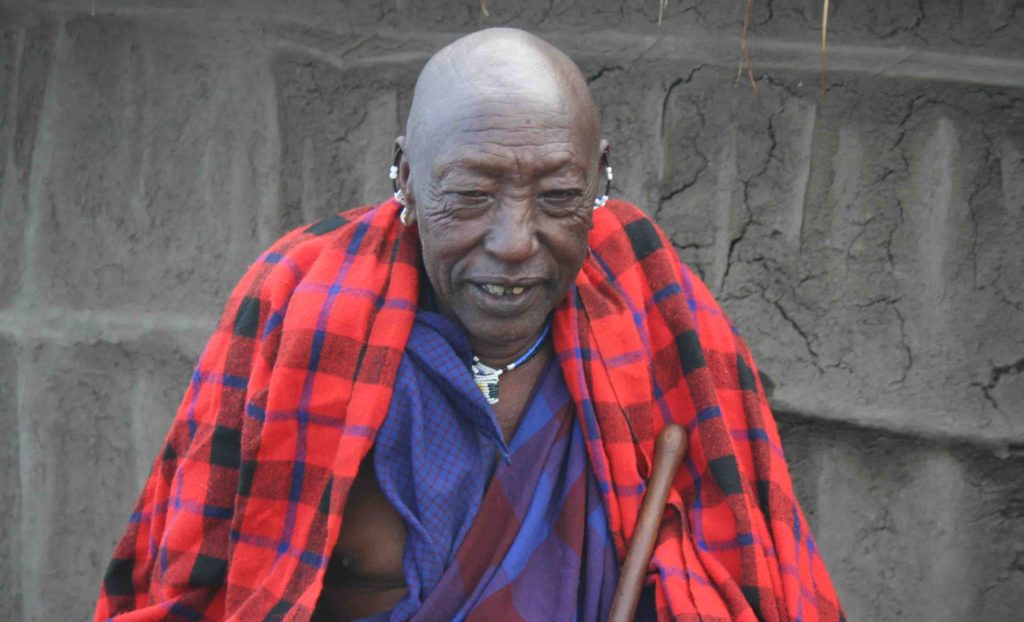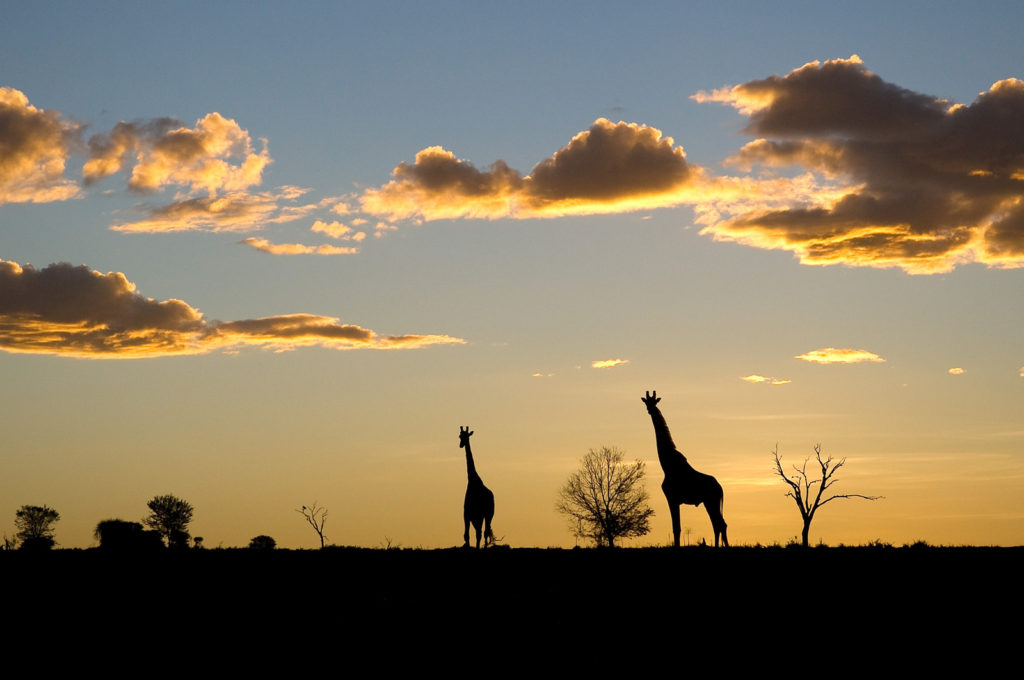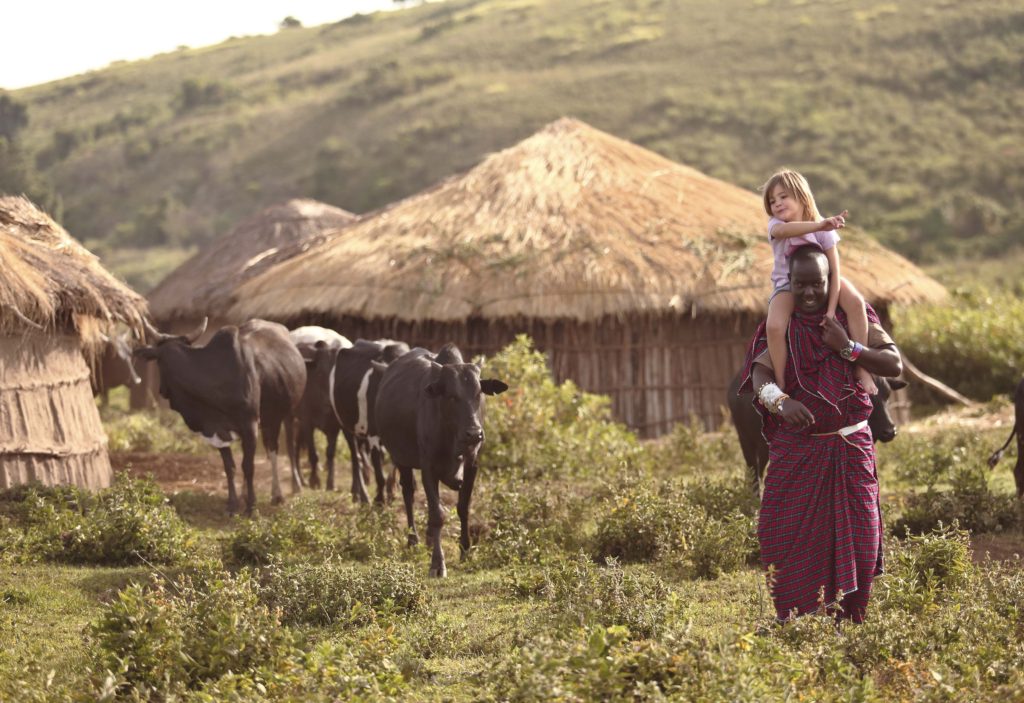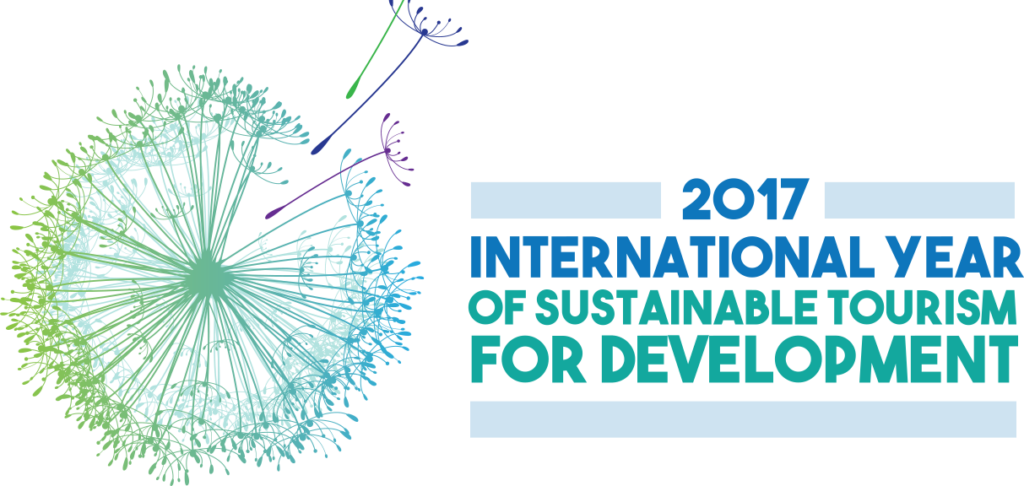Climate Change and The Maasai
“The time will come when a Maasai will own only one or two cows,” says Saruni Mwasuni, the only remaining member of his age set.
Mwasuni lives in a remote village in the Ngorongoro Conservation Area (NCA) of Tanzania. As an elder in the community, he has eight wives and 42 children.

Saruni Mwasuni, the last real Maasai of his age-set
Historically the Maasai were nomads and he remembers when there was plenty grazing for his cattle.
“People relied on blood and milk for food. When the cattle were fat, we had good food.”
But Mwasuni says he has seen great changes in his life.
“In the old days we would take the cattle to new areas in times of drought. We can’t do that anymore, because there are cattle everywhere. Many Maasai are now growing crops to feed themselves, but we can’t do that in the NCA, as it is forbidden,” he explains.
The inexorable pressure of human population on pasture is exacerbated by climate change.
“We pray to God all the time because he knows how to help people change.”

The beauty of the Masai Mara
So what change does he see coming?
“Nowadays no-one can depend 100% on cows. We must send children to school so they can do something else,” he says.
He hopes to see all his grandchildren go to school so they can cope with what’s happening now. Nevertheless he is a little fearful that education will erode the Maasai culture. This sentiment surfaced when asked what he thought about education for girls. Mwasuni said he was worried that girls wouldn’t respect their fathers anymore.
While the Maasai are caught between the old and the new, a transition that seems inevitably one-sided, there is a way that they can retain their culture and embrace modernity. Ecotourism.
“Foreigners are fascinated by the Maasai. Their culture is a major tourism attraction to East Africa,” says Clarissa Hughes, Group Positive Impact Coordinator. “While Asilia is mindful of the negative impact of tourism on local cultures, in light of other external challenges facing the Maasai, ecotourism is a life raft for many.”
Mwasuni too, agrees. “I am happy for tourism. It employs my son, and many others,” he says. He realizes that education is essential for the Maasai to adapt to a rapidly changing world.
“Even though a Maasai may only own one or two cows, as long as they have something else to do, it’s no problem,” he concludes.

Traditional ways of life are changing the Masai Mara
Support Maasai education by contributing to the Asilia Scholarship Fund here.
You could change a Maasai’s life.

2017 is the International Year of Sustainable Tourism, a promotion of the industry’s important role in achieving the United Nations’ Sustainable Development Goals. Read how Asilia upholds the goals here.
The post Climate Change and The Maasai appeared first on Asilia Africa.





